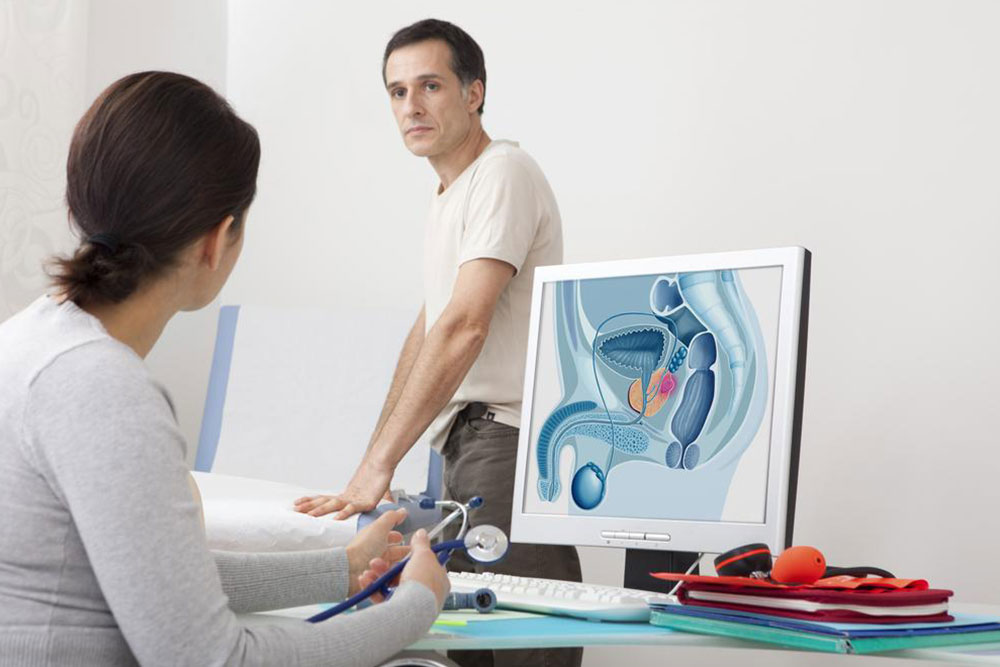Effective Strategies for Managing Bladder Cancer
Explore the top strategies for treating bladder cancer, including surgery, chemotherapy, immunotherapy, and radiation. Learn about procedures, potential side effects, and factors influencing treatment choices to better understand managing this disease effectively.

Effective Strategies for Managing Bladder Cancer
Managing bladder cancer requires a coordinated effort among healthcare professionals to develop a personalized treatment plan. The choice of therapy depends on factors such as the cancer's type, its progression stage, and its severity.
Bladder Cancer Treatment Options
Surgical Interventions
Surgery aims to remove cancerous growths and surrounding tissues. The procedures are selected based on the cancer's stage and aggressiveness, including:
Transurethral Resection (TURBT)
A minimally invasive procedure where a cystoscope is inserted through the urethra to excise the tumor using a wire loop, laser, or fulguration. Anesthesia is applied to reduce discomfort.
Partial or Complete Bladder Removal
In a radical cystectomy, the entire bladder is excised, sometimes along with nearby organs such as the prostate in men or reproductive organs in women. Partial removal involves removing only the affected part of the bladder. Post-surgery, urinary diversion is performed using a segment of the intestine or colon, creating an external opening (stoma) to collect urine in a bag.
Potential Surgical Side Effects
Discomfort at the surgical site
Minor bleeding
Delayed wound healing
Infection risks
Urine leakage
Sexual function issues
Pelvic nerve damage
Difficulty fully emptying the bladder
Chemotherapy Approaches
Chemotherapy employs drugs to eliminate cancer cells and prevent growth. Treatment varies based on disease progression and includes:
Intravesical Chemotherapy
Drugs are directly delivered into the bladder via a catheter, targeting superficial cancer cells confined to the bladder lining.
Systemic Chemotherapy
Drugs administered intravenously or orally circulate through the bloodstream, attacking cancer cells throughout the body.
Chemotherapy Side Effects
Nausea and vomiting
Fatigue
Hair thinning or loss
Digestive disturbances
Reduced appetite
Higher infection risk
Immunotherapy for Bladder Cancer
Also called biological therapy, this approach boosts the immune response to recognize and fight cancer cells, utilizing agents produced naturally or in labs.
Immunotherapy Side Effects
Fatigue
Mild fever
Chills
Flu-like symptoms
Burning or bleeding in the bladder
Radiation Therapy
High-energy X-rays are used to destroy cancer cells, administered externally or via implants. Treatment involves multiple sessions over a specified period.
Radiation Side Effects
Fatigue
Altered bowel movements
Skin reactions
Bladder irritation
Increased urination frequency
Bleeding from bladder or rectum
With various treatment options available, the optimal therapy depends on cancer stage and individual health conditions.









